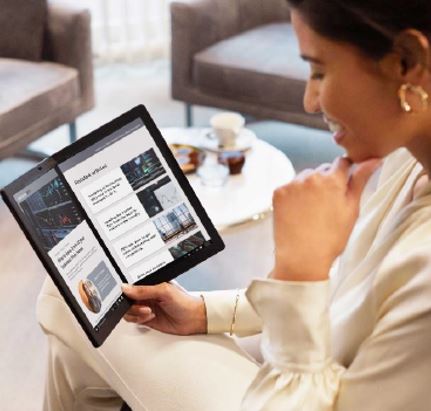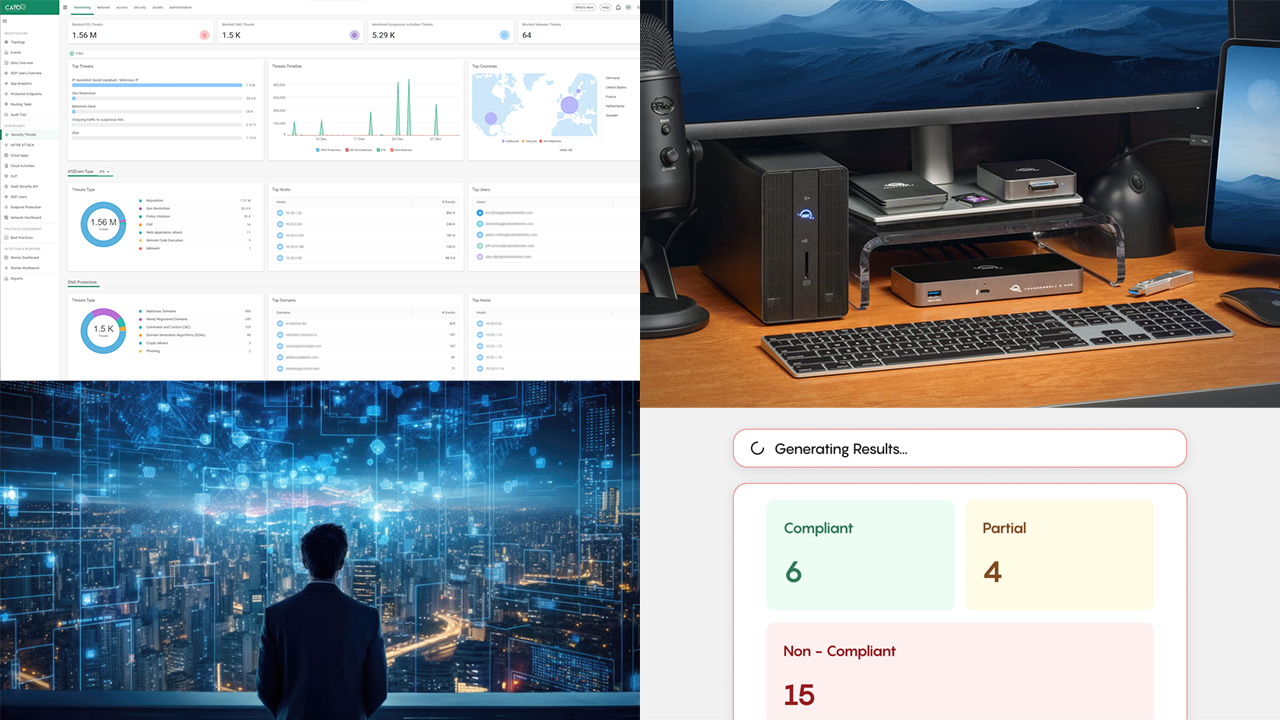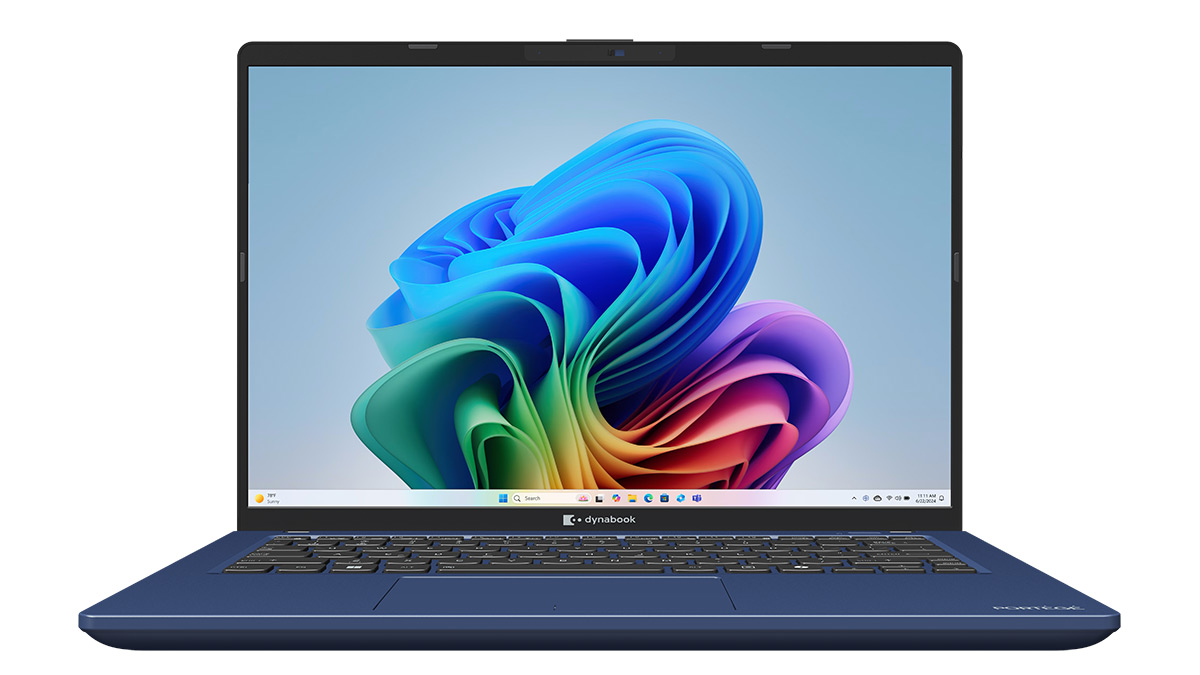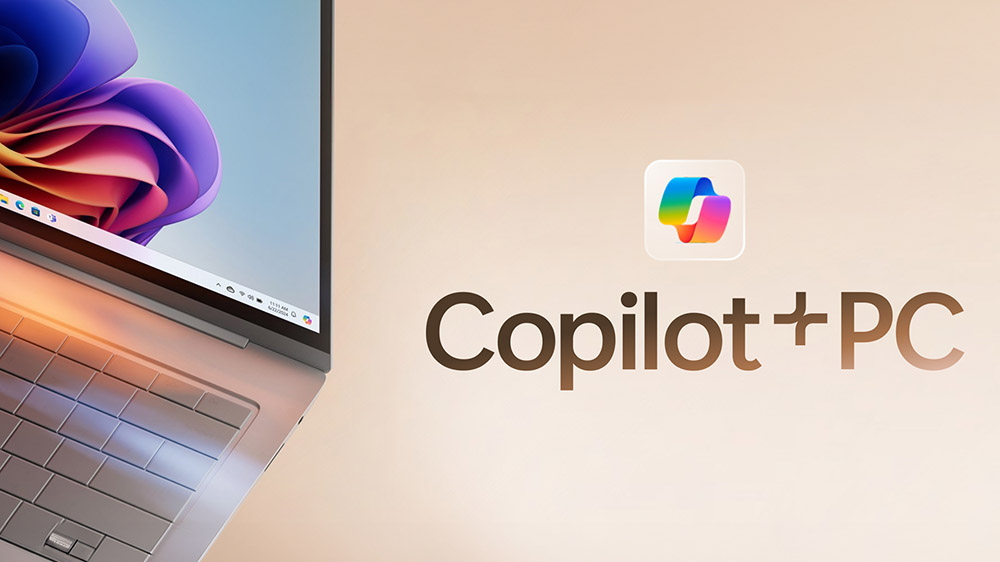Lenovo has introduced two additions to its X1 line of premium PCs, including a split-screen foldable device and a sub-2 lbs. laptop, as well as a subscription-priced remote monitoring and proactive analytics service.
The new offerings appeared on the same day as an array of SMB-focused ThinkBook devices, including that portfolio’s first 2-in-1.
Called the ThinkPad X1 Fold, the foldable PC is essentially a 13.3-inch, hinge-less, “paper-thin” OLED display that users can lay flat, hold like a book, or prop up like a conventional laptop. Powered by an Intel Core i5 processor, the device comes with optional accessories that include a magnetically attachable Bluetooth keyboard, a battery-operated stylus, headphones, and a portable mouse with built-in laser pointer.
The result is an industry first, according to Tom Butler, executive director of Lenovo’s commercial portfolio. “We see the X1 Fold as really the launch of an all new category,” he says.
Indeed, a blog post on the new product published today by Jerry Paradise, vice president of the commercial portfolio in Lenovo’s PC and Smart Devices Group, emphasizes that the X1 Fold is not a laptop but rather “the chameleon of personal computing devices.”
“Fold it into a book and scan your social media posts. LinkedIn on the left side and Twitter on the right, or simply relax and read the latest blockbuster novel. But then an email comes in from the boss. She wants to review the quarterly sales tracker presentation. Quickly turn X1 Fold into laptop format (but remember, it’s not a laptop!) and connect to the video conference on the upper half of the display, while you review the presentation on the lower half. Use the pen to make those all-important annotations,” Paradise writes.
Though not officially a limited-edition product, the X1 Fold will not be sold in large quantities. “It’s a concept that illustrates the future of computing and offers a window to the potential that such a category can fulfil,” Paradise states.
Scheduled to ship in a few weeks at prices starting from $2,499, the X1 Fold is available for pre-ordering immediately.
Foldable smartphones began shipping last year. Somewhat larger devices with dual screens, as opposed to the X1 Fold’s single bendable panel, have been appearing in growing numbers more recently. Microsoft’s Surface Duo, for example, features dual 5.6-inch displays connected by a hinge. Samsung shipped a device called the Galaxy Z Fold2 with a foldable 7.6-inch display last month.
The ThinkPad X1 Nano, also unveiled today, weighs in at just 1.99 lbs., making it the lightest ThinkPad ever built.
“We’ve really optimized this for mobility and portability,” Butler says. “Whether you’re working at home, on the go, in the office, or moving about throughout, it’s going to give you an extremely optimized performance experience and durability that you would expect with all of our devices.”
The first ThinkPad based on Intel’s Evo platform, the unit features a 13-inch 2K display with an unusual 16:10 aspect ratio. “It’s the same height as a 14-inch, 16:9 screen,” Butler notes. “It effectively gives you a working 14-inch screen in this very light, very small 13-inch body.”
Touch display options are available. The X1 Nano can drive two external 4K 60hz displays natively too. Equipped with dual Thunderbolt 4 ports, the new system comes with a “credit card-thin” dongle for additional connections.
The unit runs on up to 11th Gen Intel Core i7 processors with Intel Iris Xe graphics. It also offers a four speaker Adobe Atmos sound system with two up-firing and two rear-facing speakers, plus four microphones across the top of the lid that are designed to provide a 360-degree speakerphone experience.
Equipped with integrated 5G and Wi-Fi 6, a first for the ThinkPad portfolio, the X1 Nano is also the first ThinkPad to come with an updated suite of ThinkShield security features powered by artificial intelligence and biometrics, which include new voice recognition and human presence detection capabilities designed to enable zero-touch login and automatic device locking when users walk away.
The new monitoring solution, called Lenovo Device Intelligence (LDI), is a cloud-based, AI-powered service designed to identify current system issues and predict future ones before they happen. According to Lenovo, it predicted the most common forms of “blue screen of death” failure before they occurred with 85% accuracy in recent proof-of-concept testing.
Sold as a subscription on a per-device basis, the service is available at tiered, volume-based rates that will vary by geography.
Hardware makers are rolling out subscription-priced services like LDI with increasing frequency. HP, for example, introduced a hardware procurement and support service for SMBs called HP Business Boost two weeks ago. Lenovo, meanwhile, announced managed services for SMB users of the Microsoft 365 productivity suite in July.














